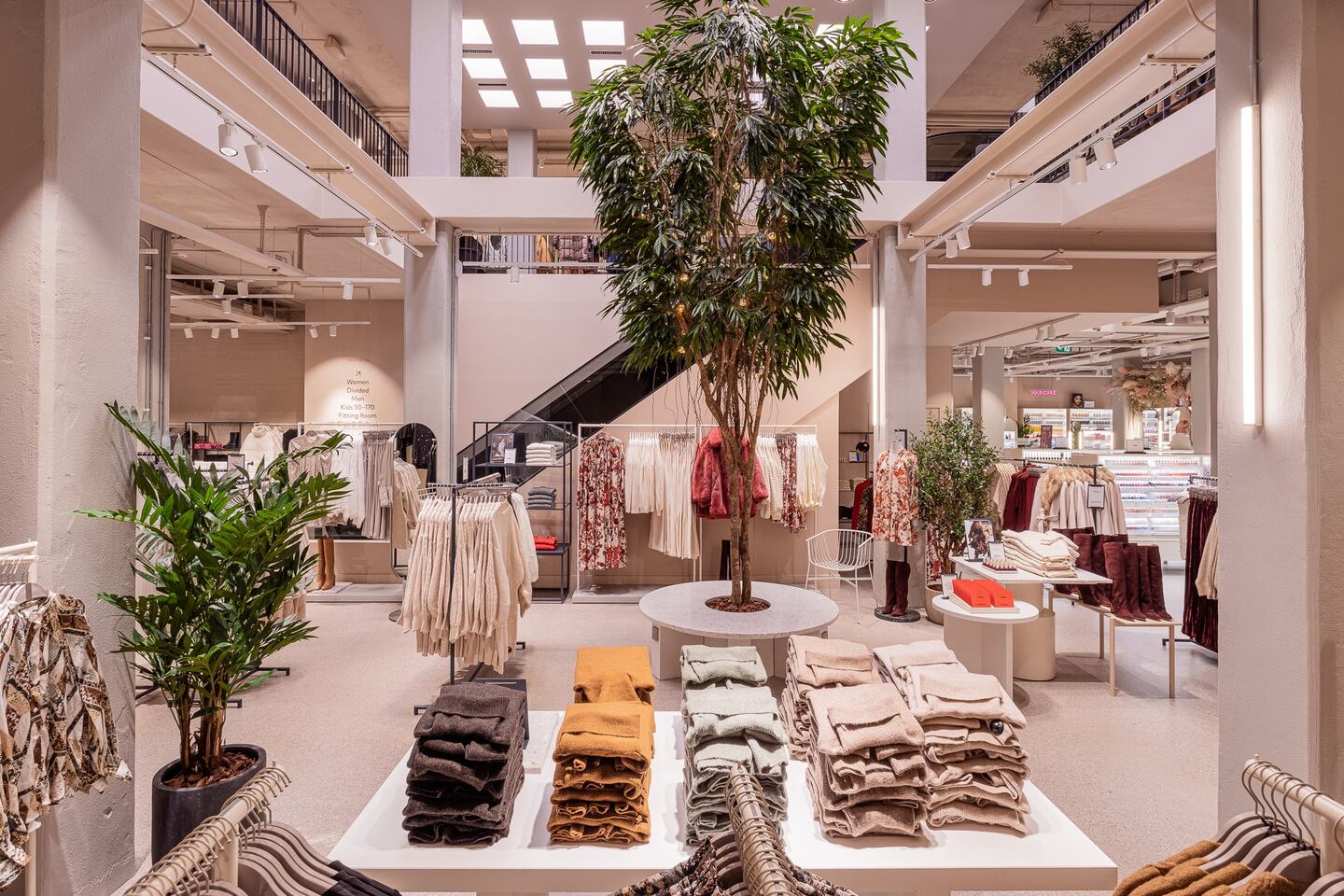
The Business of Fashion
Agenda-setting intelligence, analysis and advice for the global fashion community.

Agenda-setting intelligence, analysis and advice for the global fashion community.

STOCKHOLM, Sweden — H&M, the world's second-biggest clothing retailer, reported on Friday a 46 percent plunge in March sales as the coronavirus pandemic took its toll and said it expected to run a loss in its fiscal second quarter.
The pandemic has forced H&M to temporarily close most of its stores, flag big layoffs and scrap its annual dividend for the first time since its 1974 listing.
"With the dramatic decline in the market we have to make many difficult decisions and take forceful action," newly appointed Chief Executive Helena Helmersson said in a statement.
"With each day that we are having to keep stores closed, the situation is becoming increasingly demanding."
ADVERTISEMENT
H&M said that to strengthen its liquidity buffer, it had prepared a number of sources of financing that it expected to be finalised in the second quarter.
The company also said it expected to be able to cut operating expenses, excluding depreciation and amortisation, by around 20–25 percent in the second quarter while it slashed its planned capital spending for 2020 to 5 billion crowns from 8.5 billion.
Fiscal first-quarter pretax profit more than doubled to 2.50 billion crowns (£200 million) from a year-ago 1.04 billion crowns. Six analysts polled between March 17 and March 26 had on average expected a rise to 1.47 billion crowns, according to Refinitiv data.
Inventories shrank for a third straight quarter but H&M said they would temporarily increase again due to the sudden drop in demand. While store sales plunged, online sales in March increased by 17 percent, the company said.
By Anna Ringstrom; editor: Niklas Pollard
As the German sportswear giant taps surging demand for its Samba and Gazelle sneakers, it’s also taking steps to spread its bets ahead of peak interest.
A profitable, multi-trillion dollar fashion industry populated with brands that generate minimal economic and environmental waste is within our reach, argues Lawrence Lenihan.
RFID technology has made self-checkout far more efficient than traditional scanning kiosks at retailers like Zara and Uniqlo, but the industry at large hesitates to fully embrace the innovation over concerns of theft and customer engagement.
The company has continued to struggle with growing “at scale” and issued a warning in February that revenue may not start increasing again until the fourth quarter.